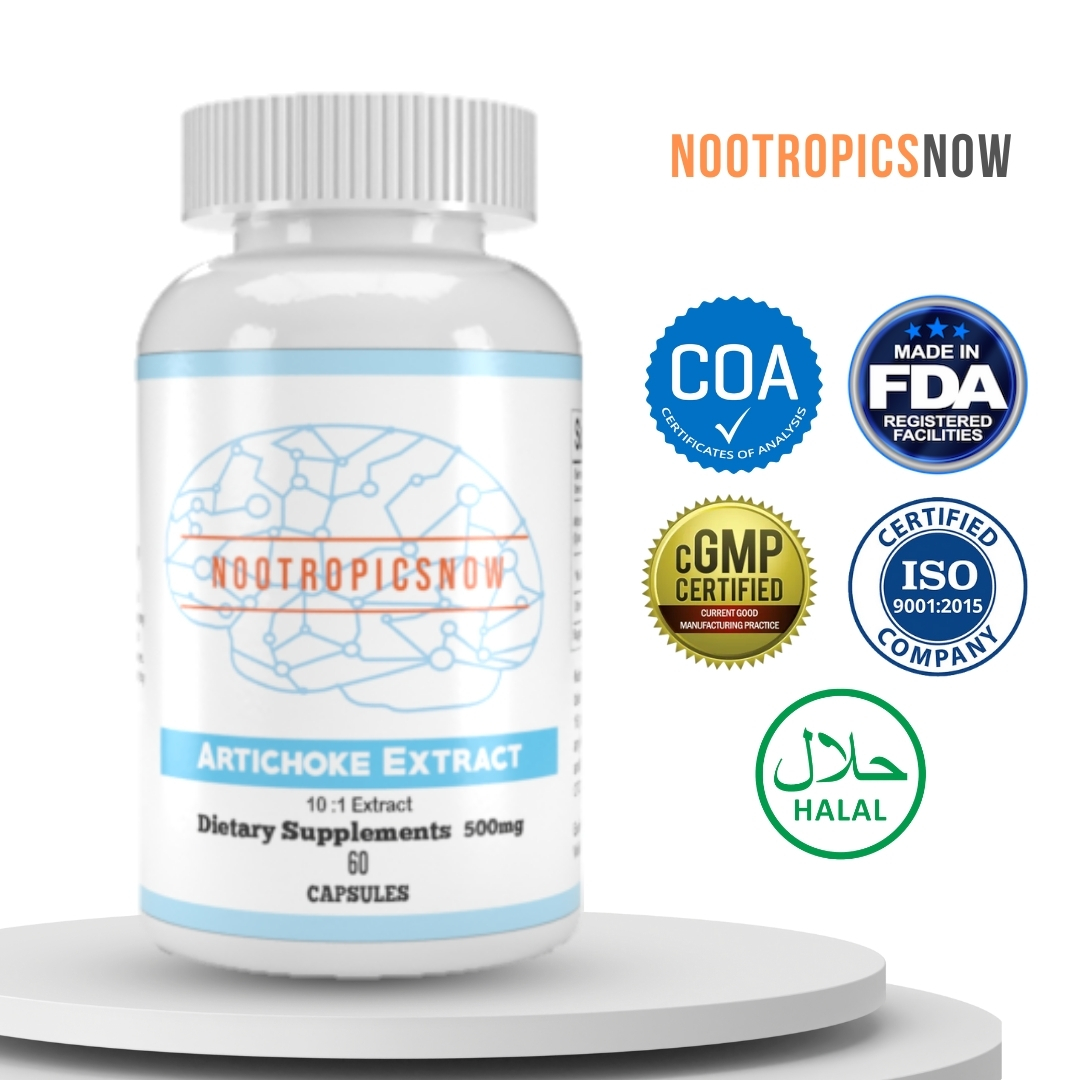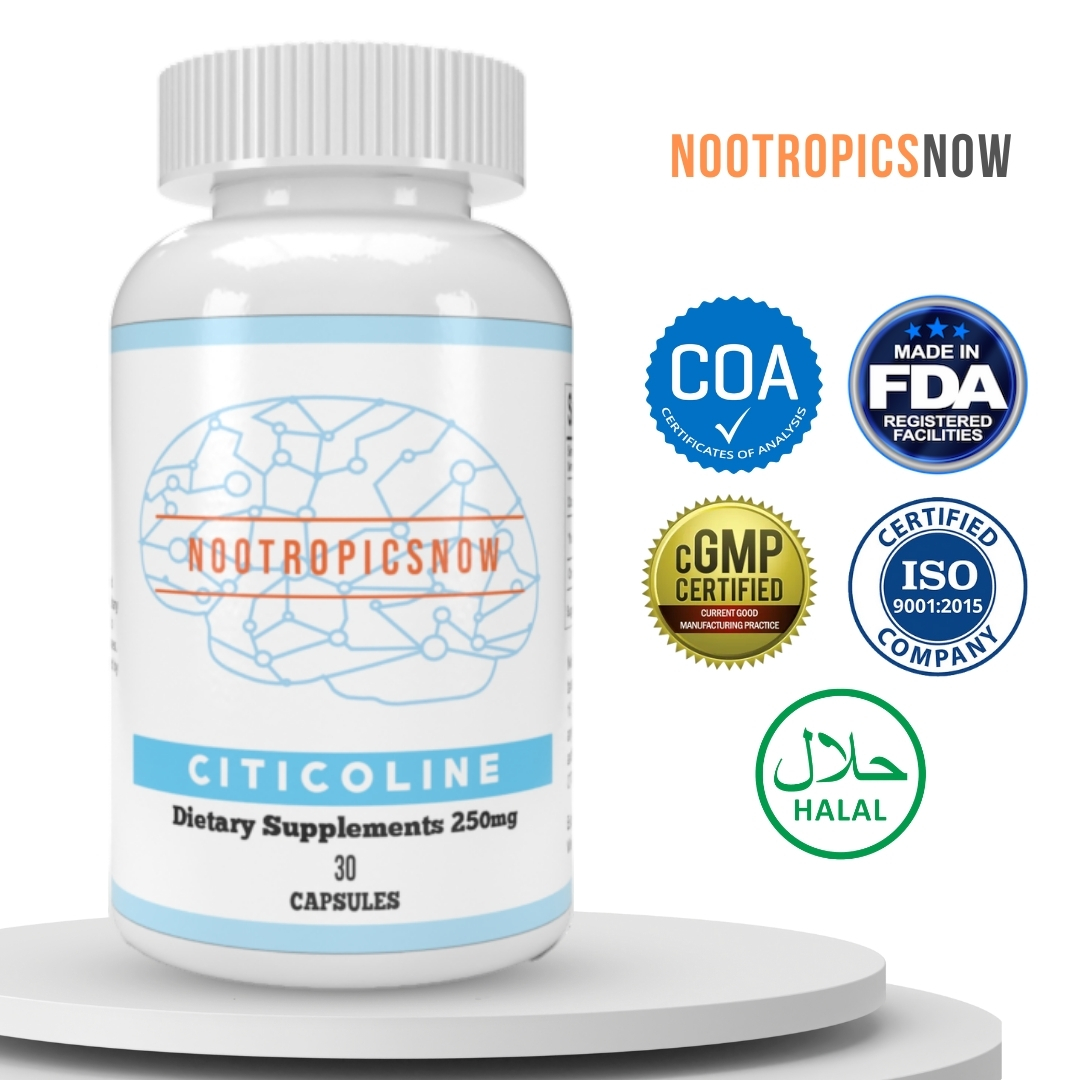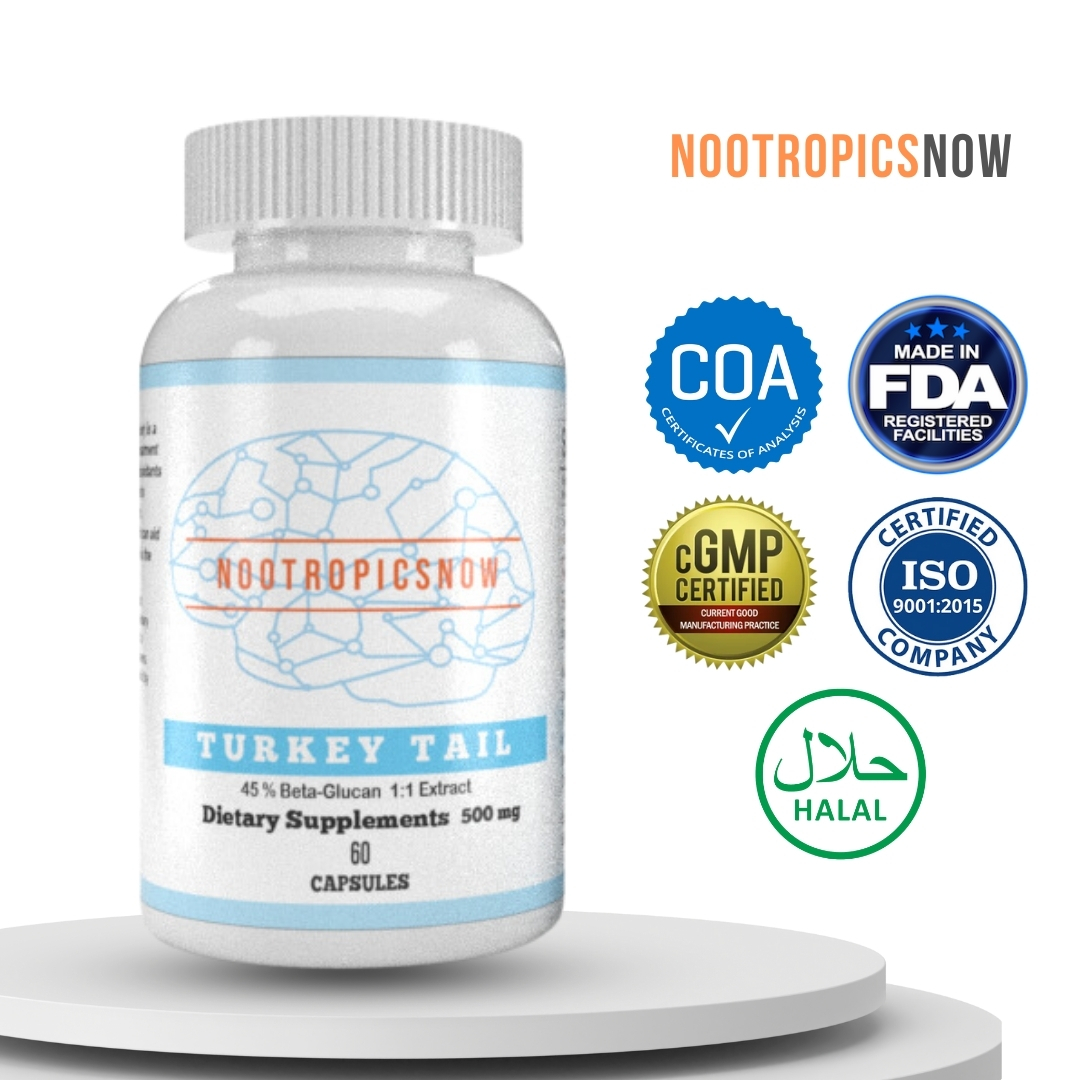Phenylpiracetam: What Is It? Uses & Effects

`markdown
Understanding Phenylpiracetam: A Deep Dive into this Nootropic Compound

Phenylpiracetam, also recognized as Phenotropil or Carphedon, represents a potent synthetic nootropic compound. This nootropic is a member of the racetam family of drugs, renowned for their cognitive-enhancing properties. Russian scientists at the Russian Academy of Sciences originally synthesized Phenylpiracetam in the early 1980s, modifying piracetam, the original nootropic drug, to create a more effective substance. Consequently, phenylpiracetam has garnered attention for its potential to enhance cognitive function, improve physical performance, and elevate mood.
The Core Identity of Phenylpiracetam
Let’s delve into the key aspects defining phenylpiracetam.
Chemical Composition
Phenylpiracetam boasts a unique chemical structure. It is a racemic mixture, meaning it contains equal amounts of both (R)- and (S)-enantiomers. Its systematic name is (R,S)-2-(2-Oxo-4-phenylpyrrolidin-1-yl)acetamide, a testament to its precise molecular arrangement. This chemical makeup is crucial to its enhanced effects compared to its predecessor, piracetam.
Enhanced Potency
A defining characteristic of Phenylpiracetam is its heightened potency. It is estimated to be approximately 30 to 60 times more potent than piracetam. This increased strength stems from the addition of a phenyl group to the molecule, significantly improving its bioavailability. Thus, the phenyl group enables it to cross the blood-brain barrier more efficiently, leading to more pronounced cognitive effects.
Action Mechanisms
Phenylpiracetam exerts its effects through various mechanisms of action within the brain. It actively interacts with key neurotransmitters, including dopamine, glutamate, and acetylcholine. This interaction modulates their activity, leading to enhanced cognitive function, improved memory, and facilitated learning. Further research suggests it also possesses anti-inflammatory and neuroprotective properties, potentially safeguarding brain health.
Phenylpiracetam’s Diverse Benefits
Phenylpiracetam offers a spectrum of potential benefits, encompassing cognitive enhancement, physical performance improvement, mood elevation, and clinical applications.
Cognitive Amplification
One of Phenylpiracetam’s primary uses is to boost cognitive functions. Users report improvements in memory, heightened focus, and increased learning capacity. Research indicates that it can enhance the density of NMDA and AMPA receptors in the brain. These receptors play a pivotal role in synaptic plasticity and memory formation, thereby solidifying Phenylpiracetam’s potential as a cognitive enhancer.
Physical Performance Boost
Phenylpiracetam extends its benefits to physical performance. Studies suggest it can improve physical endurance and increase resistance to cold. This makes it a popular choice among athletes and individuals engaged in physically demanding professions or activities. Consequently, it helps in sustaining high levels of performance under stressful conditions.
Mood Elevation
Beyond cognitive and physical benefits, Phenylpiracetam may also positively impact mood. Some studies indicate that it can alleviate symptoms of depression and anxiety. By improving mood and overall mental state, it provides a holistic approach to mental well-being. Therefore, Phenylpiracetam can be a valuable tool for managing stress and enhancing emotional resilience.

View Product
Clinical Applications
Phenylpiracetam has found several clinical applications in treating various conditions. It is utilized in the treatment of cerebrovascular deficiency, depression, apathy, attention deficits, and memory decline. Moreover, it exhibits anticonvulsant effects, making it a useful add-on therapy in epilepsy management. Thus, it helps improve the quality of life for individuals suffering from these conditions.

View Product
Navigating Side Effects and Precautions
Like any drug, Phenylpiracetam is not without potential side effects.
Common Side Effects
Users should be aware of the common side effects associated with Phenylpiracetam use. These include sleep disturbances and appetite suppression. These effects are more likely to occur at higher dosages and can affect the quality of life if not properly managed. Therefore, starting with a low dosage is advisable.
Potential Interactions
Phenylpiracetam can interact with other medications, potentially leading to adverse effects. Combining it with sedative medications or other nootropics can blunt its cognitive-enhancing effects. Moreover, it increases the risk of sedation and impaired coordination. Consequently, individuals should exercise caution and consult healthcare professionals before combining it with other substances.
Phenylpiracetam: Availability and Legal Framework
The availability and legal status of Phenylpiracetam vary across regions.
Availability Landscape
Phenylpiracetam is available in various forms, with oral tablets being the most common. In Russia and several Eastern European countries, it is sold as a prescription drug. However, in the United States, it is typically sold as an unregulated over-the-counter research compound. Consequently, its accessibility depends on the geographical location and regulatory environment.
Legal Status
The legal status of Phenylpiracetam is not uniform globally. In the United Kingdom, it is illegal to produce, supply, or import under the Psychoactive Substance Act. Therefore, it is essential to be aware of the local laws and regulations concerning Phenylpiracetam before attempting to purchase or use it.
Dosage and Administration Guidelines
Proper dosage and administration are crucial for maximizing Phenylpiracetam’s benefits while minimizing potential side effects.
Recommended Dosage
The typical dosage range for Phenylpiracetam is 100 to 200 mg per day. It is often split into two to three administrations to maintain consistent effects throughout the day. Therefore, it is best to start with a lower dose and gradually increase it based on individual tolerance and response.
Onset and Duration
The onset of action for Phenylpiracetam is relatively quick. Users typically notice effects within 30 to 60 minutes after administration. The duration of its effects can last up to 6 hours, depending on the dose and individual metabolism. Consequently, timing the doses to align with periods of peak cognitive demand is beneficial.
Phenylpiracetam vs. Other Nootropics
Phenylpiracetam distinguishes itself from other nootropics through its unique combination of stimulating and cognitive-enhancing effects. Other racetams, like piracetam or aniracetam, may offer similar cognitive benefits, but they typically lack the pronounced stimulant properties of phenylpiracetam. This makes phenylpiracetam a favorable choice for individuals needing a boost in both mental clarity and physical energy.

View Product
Phenylpiracetam and ADHD

View Product
Some users report using Phenylpiracetam as an alternative to traditional ADHD medications. Its dopaminergic effects can improve focus and reduce impulsivity, but it is crucial to acknowledge that it isn’t officially approved or extensively researched for ADHD. Thus, consulting a healthcare professional before using it for this purpose is essential.
Cycling Phenylpiracetam
Because of potential tolerance, cycling Phenylpiracetam is often advised. This usually involves using it for a specific period, such as a few weeks, followed by a break to maintain its efficacy. Many users find that a 2-4 week on/off cycle helps prevent diminished effects and potential side effects. Therefore, it ensures sustained benefits over the long term.
User Experiences and Anecdotes
User experiences with Phenylpiracetam vary considerably, but common themes include enhanced focus, improved mood, and increased motivation. Many individuals report that it helps them tackle challenging tasks with greater efficiency and clarity. However, some users also mention side effects like headaches or anxiety, particularly at higher doses. Consequently, it is crucial to start with a low dose and carefully monitor individual responses.

View Product
Stacking with Other Supplements
Phenylpiracetam is sometimes stacked with other supplements to augment its effects. Popular combinations include choline sources (like Alpha GPC or CDP-Choline) to counteract potential headaches and L-Theanine to mitigate anxiety or overstimulation. Stacking can enhance the benefits, but requires careful consideration of potential interactions. Thus, thorough research and cautious experimentation are vital.

View Product
Future Research Directions
While Phenylpiracetam has been studied for several decades, further research is needed to fully understand its long-term effects and potential clinical applications. Specifically, well-designed clinical trials could offer more definitive evidence regarding its efficacy in treating cognitive disorders and its safety profile. Therefore, continued research will broaden our understanding and applications of this unique nootropic.
Conclusion
Phenylpiracetam is a potent nootropic compound with promising cognitive and physical benefits. While it offers advantages in terms of focus, memory, and physical endurance, users must approach it with caution. Understanding its mechanisms, potential side effects, and legal status is crucial for safe and effective use. Therefore, by following the recommendations and considering personal circumstances, individuals can harness the benefits of Phenylpiracetam while minimizing potential risks.
`
What is Phenylpiracetam?
Phenylpiracetam, also known as Phenotropil, is a synthetic nootropic substance belonging to the racetam family. Indeed, its chemical structure closely resembles piracetam, a foundational nootropic, but with an added phenyl group. Consequently, this seemingly small alteration significantly enhances its properties, leading to greater potency and a range of distinct effects. Russian scientists initially synthesized it in 1983 as a medication for cosmonauts to combat the stresses of prolonged spaceflight. This indicates its early use cases were to improve cognitive function under incredibly demanding conditions.
Understanding the Chemical Structure and Properties
The phenyl group’s addition to piracetam’s structure significantly alters phenylpiracetam’s pharmacokinetics. Because of this alteration, phenylpiracetam exhibits enhanced lipophilicity, meaning it dissolves more readily in fats. Subsequently, this allows it to cross the blood-brain barrier more efficiently than its parent compound, piracetam. Moreover, the presence of the phenyl group increases its ability to bind to transporters, actively drawing it into the brain. Its systematic name is (RS)-2-(2-oxo-4-phenylpyrrolidine-1-yl)acetamide. This highlights its structural components.
Phenylpiracetam is available in two enantiomeric forms: R and S. However, the pharmacological effects of each enantiomer remain an area of ongoing research. Furthermore, these enantiomers exhibit slightly different binding affinities to neurotransmitter receptors, which may translate to subtle variations in their overall cognitive and physical effects. These subtle variations can influence the dosages and administration methods used by the individual. Therefore, it’s necessary to consider that different enantiomers might produce varying experiences.
Mechanism of Action: How Phenylpiracetam Works
While the exact mechanisms are still being explored, scientists believe phenylpiracetam works through several pathways within the brain. Firstly, it modulates the activity of neurotransmitters such as dopamine, norepinephrine, and acetylcholine. Secondly, phenylpiracetam can increase dopamine levels, leading to improved mood, motivation, and focus. Furthermore, it can elevate norepinephrine, improving alertness and energy levels. In addition, it is also suspected to affect GABA receptors, thus reducing anxiety in some users.
By interacting with acetylcholine systems, Phenylpiracetam also supports cognitive functions like memory and learning. It can enhance acetylcholine release, improving communication between neurons, and leading to improved cognitive performance. Because of this, Phenylpiracetam may be beneficial for tasks that require focus, memory retrieval, and mental clarity.
Moreover, Phenylpiracetam has been shown to possess neuroprotective qualities. It can safeguard brain cells from damage caused by oxidative stress and inflammation. Consequently, this neuroprotective action contributes to long-term cognitive health and may potentially slow down the progression of age-related cognitive decline.

View Product
Primary Benefits of Phenylpiracetam
Phenylpiracetam offers a wide spectrum of potential cognitive and physical benefits. These have established its popularity amongst students, athletes, and individuals seeking a cognitive edge.
Potential Side Effects and Precautions
While Phenylpiracetam is generally well-tolerated, it is important to be aware of the potential side effects. Indeed, side effects are usually mild and temporary, but they can be bothersome for some individuals.
Before using Phenylpiracetam, consulting with a healthcare professional is crucial, particularly if you have underlying health conditions or are taking other medications. Indeed, they can provide personalized advice and ensure that it is safe for you.

View Product
Phenylpiracetam Dosage and Administration
Determining the correct dosage is necessary to maximize the benefits of Phenylpiracetam while minimizing the risk of side effects. While individual responses can vary, general guidelines can help you find the right dosage.
Legal Status and Availability
The legal status and availability of Phenylpiracetam vary depending on the country. Furthermore, it is important to be aware of the regulations in your specific location before purchasing or using it.
It is also important to note that purchasing Phenylpiracetam from unregulated sources can pose risks. As such, verifying the quality and purity of the product to avoid contamination is essential.
Phenylpiracetam vs. Other Nootropics
Phenylpiracetam stands out among other nootropics due to its unique properties. Specifically, its stimulating effects and enhanced bioavailability make it a distinct choice for cognitive and physical enhancement.
Understanding these differences can help you choose the nootropic that best suits your individual needs and preferences. Consequently, this approach allows users to tailor their nootropic regimen for their unique requirements.

View Product
User Experiences and Reviews
User experiences with Phenylpiracetam vary widely, which highlights the importance of individual experimentation. However, common themes can be extracted from user reviews.
Reading through user reviews and experiences can provide valuable insights. Subsequently, they can help set realistic expectations and guide the use of Phenylpiracetam.
View Product
The Future of Phenylpiracetam Research
Research on Phenylpiracetam is ongoing. As such, scientists strive to fully elucidate its mechanisms of action. Also, they work to explore its potential therapeutic applications.
As scientific understanding evolves, Phenylpiracetam could emerge as a more well-defined option in cognitive and physical enhancement. Therefore, staying updated on the latest research is essential.
Integrating Phenylpiracetam into a Nootropic Stack
For those who wish to combine Phenylpiracetam with other nootropics, it’s essential to proceed cautiously and conduct thorough research. Additionally, understanding how different substances interact is key to maximizing benefits. It is equally important to avoid adverse effects.
Careful experimentation and observation are necessary when creating a nootropic stack. Always start with low doses. Then, monitor your response before gradually increasing.

View Product

View Product
Practical Tips for Safe and Effective Use
To ensure a positive experience with Phenylpiracetam, consider these practical tips:
By following these guidelines, you can optimize the benefits of Phenylpiracetam. You can also minimize potential risks.

View Product
Final Thoughts
Phenylpiracetam is a potent nootropic with diverse applications. Consequently, its ability to enhance cognitive function and boost physical performance makes it an appealing choice for many. However, it’s crucial to approach its use with knowledge and care. By understanding its mechanisms, benefits, and potential risks, you can make informed decisions. Also, consulting with healthcare professionals is extremely useful. As research continues, Phenylpiracetam’s role in the world of cognitive enhancement will continue to evolve. Then, users can look forward to more optimized methods of use.

View Product


